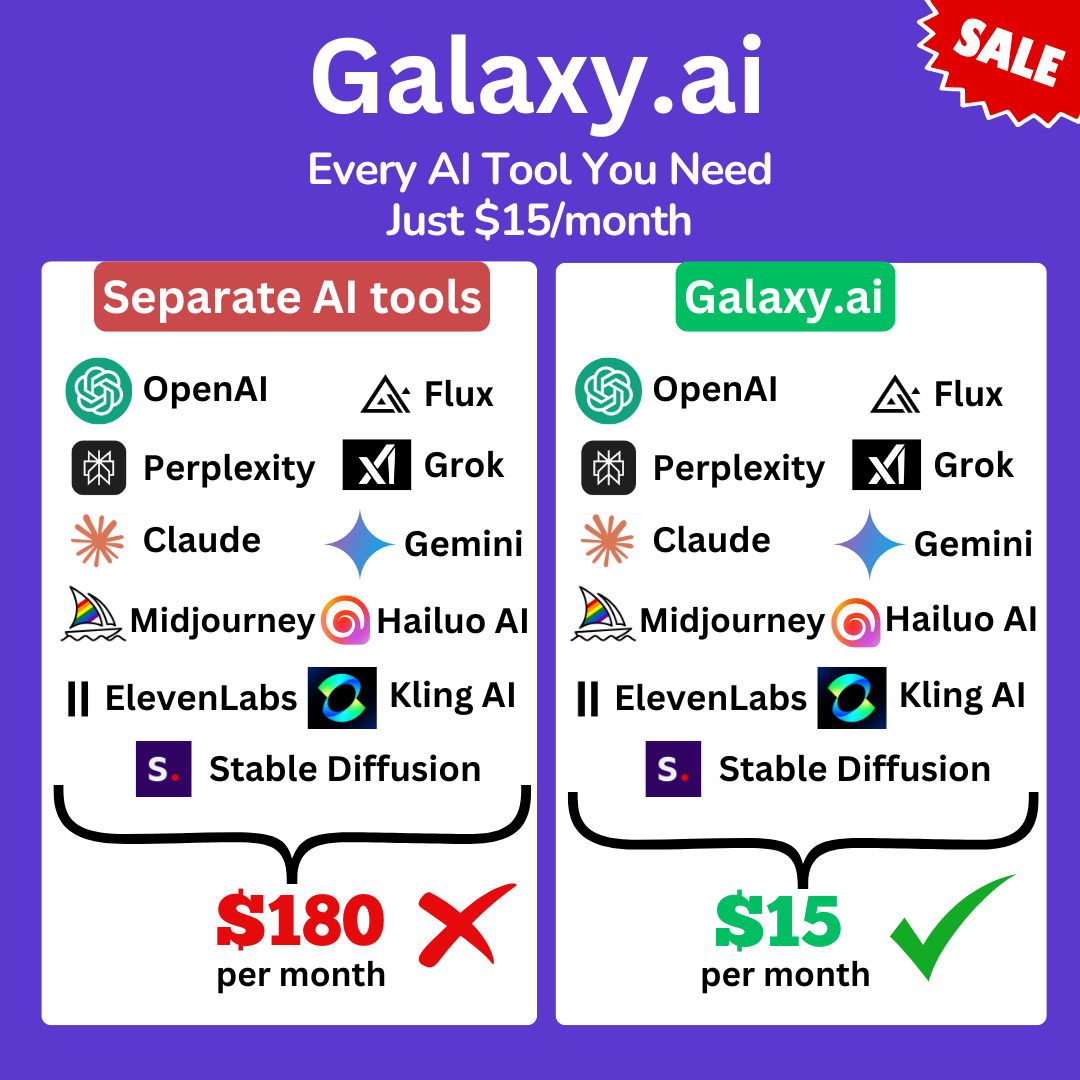Web Technology Institute
Site news
 |
||
|
GPT-5 is just around the corner, and—if it’s anything like the last two—it could change AI forever. |
||
|
In an episode of the OpenAI podcast released last week, CEO Sam Altman revealed that OpenAI’s highly anticipated GPT-5 would be released sometime this summer. According to some early testers, the model is a substantial advance on the company’s previous large language models (LLMs).
|
||
|
But will it be truly revolutionary, or just evolutionary? History gives us some clues.
|
||
|
OpenAI’s release of GPT-3 in May 2020 was widely seen in the tech industry, even at the time, as an eye-opening moment about the power of LLMs. Ten times larger than any model that had come before, it shattered records on a wide range of benchmarks, wrote text often indistinguishable from that written by humans, and showed the first hints of real reasoning powers. Although the launch of ChatGPT—powered by a souped-up version of GPT-3 called GPT-3.5—in November 2022 made the general public aware of the LLM revolution, many insiders saw it coming when they first read the GPT-3 paper two and a half years earlier.
|
||
|
GPT-4’s arrival in March 2023 provoked just as much excitement, but more importantly, it had an immediate impact: within just weeks of its release, the first AI agents emerged. Although earlier models like 3.5 had been capable of powering simple conversational apps like ChatGPT, GPT-4 was the first to achieve the kind of reasoning and long-term coherence necessary to power intelligent apps that could accomplish real-world tasks. Clever hackers put together AutoGPT, BabyAGI, MetaGPT, and more—and the AI agent field as we know it today was born.
|
||
|
GPT-3 set off the AI boom, and GPT-4 set off the agent boom. Will GPT-5 have the same level of impact?
|
||
|
It’s hard to say. OpenAI was the unchallenged king of LLM makers when GPT-4 was released; now, it is locked in close competition with Anthropic, Google, and Meta, and many believe that the low-hanging fruit of LLM advances has already been picked.
|
||
|
Nevertheless, OpenAI has a history of finding new rabbits to pull out of its hat—and the world hasn’t been the same since. I wouldn’t count on GPT-5 being just another gradual step forward. |


